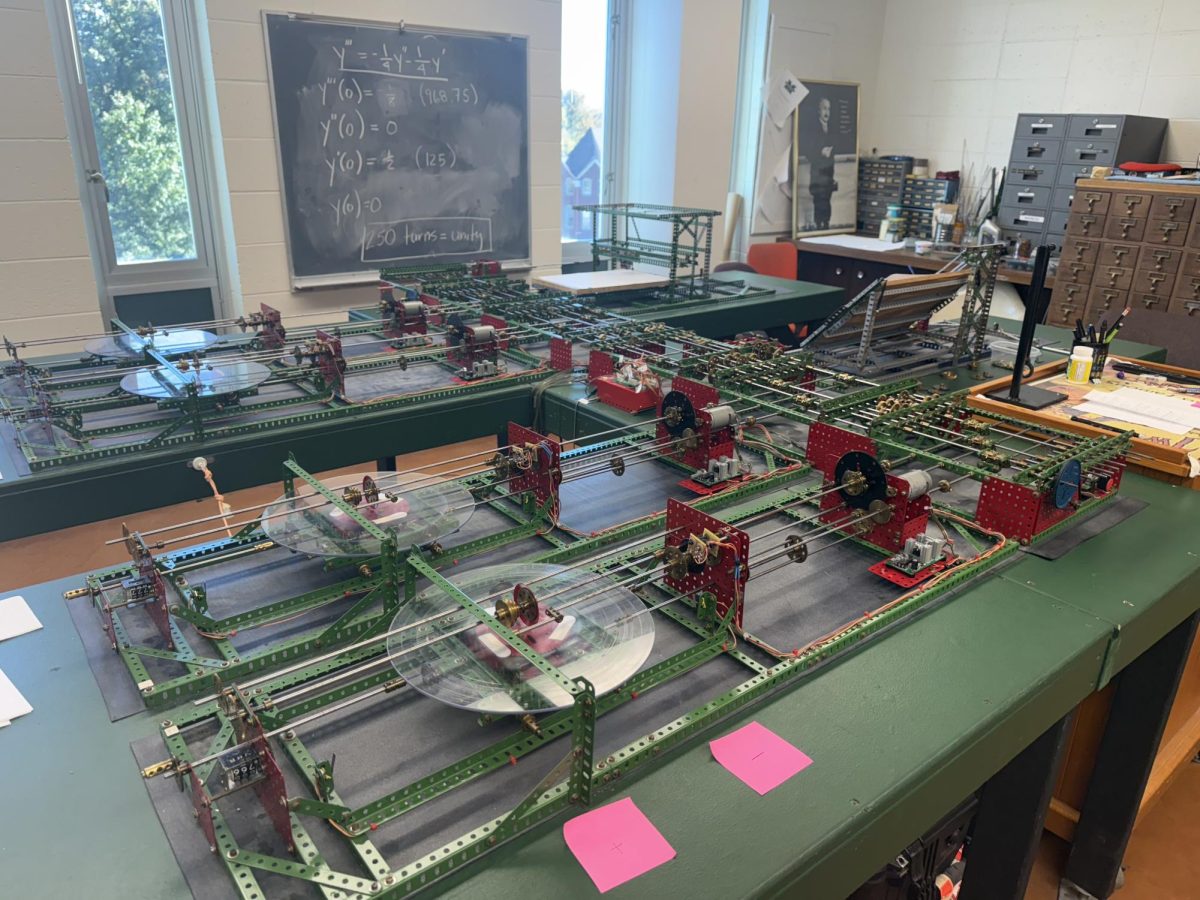Gov. Patrick Morrisey gave his first State of the State address Feb. 12, and a Marshall University political science professor offered further insight into his initiatives.
Marybeth Beller, who has a doctorate in political science and is an expert on West Virginia politics and policy, said some of Morrisey’s plans may come to fruition, but others may fall short.
Highlighting key issues for West Virginians, the address began with an emphasis on the budget deficit, citing a merging of government agencies to eliminate waste and improve efficiency. He also announced a 2% budget cut across the board.
“A 2% budget cut reduction from the general revenue is not efficient because we have agencies that aren’t meeting their mission,” Beller said.
She believes the government should make strategic cuts in specific areas – not across the board – to save money.
Cutting struggling agencies budgets further, she said, won’t solve the problem.
Executive orders, signed by Morrisey on his first day in office, included religious vaccine exemptions and the dismantling of diversity, equity and inclusion programs across the state.
Called into question by Beller were two specific quotes that she deemed were “race-baiting.”
“From day one, I said that we’re going to root out DEI and eradicate the woke virus from infecting our schools,” Morrisey said.
Secondly, Morrisey said, “Here in West Virginia, we’re going to follow the equal protection clause of the Constitution.” He then added the state government is “not going to provide unlawful special privileges to special classes of people.”
“What he’s doing with those two statements is race-baiting,” Beller said. “It is absolutely a dog whistle to try to turn the white, heterosexual majority against all other groups of people, and it is not helpful.”
Morrisey said he wants West Virginia to have the lowest income tax of all neighboring states.
Beller said lower income taxes could create more of a budget deficit if not balanced out by eliminating government services.
“You can’t keep the government services at the level that they are, much less improve upon them, and still cut revenue. Both things can’t be done,” Beller said.
Morrisey announced the West Virginia Power Tech Center, which will collaborate with key educational institutions to create advanced manufacturing jobs.
When asked if she sees this initiative coming to fruition, Beller said, “I see it possibly coming to fruition, and the reason I say that is because he named four universities in the state that are already working with his office on that. That means that he’s taking concrete steps to bring institutions on board who know how to actually move this forward, and so that suggests to me that this is a serious proposal.”
Morrisey expressed raising teacher salaries as an ambition.
Beller, when asked how to know if the governor is serious about doing so, said to look at the budget proposal.
“If he’s serious about this, then his budget proposal will include a raise for teachers,” she said. “That’s how – whether he’s serious or whether he’s just playing to an audience.”
Workforce participation, Morrisey said, is the challenge of our time and one he “plans to confront head-on.”
He said he directed a team to “put together a dynamic jobs portal” to help recruit candidates for high-demand jobs in West Virginia.
Lack of educational qualifications, Beller claimed, is a top reason for low workforce participation.
“Governor Morrisey, who talks about really wanting to hone in on the tech industry and to help us innovate as we move toward being more and more tech-savvy – that requires a fairly sophisticated amount of education,” she said. “People with simply a high school diploma are not going to have that. It’s going to require specific training, and a lot of our people don’t have what companies need.”
When asked how to combat this, she said to expand educational opportunities.
“That would be well served by having a place in the budget for those sorts of things.”
She also claimed drug addiction and poverty as prime reasons, stating potential employees often can’t pass drug tests or lack access to transportation from rural areas.
Beller encouraged students to look into state government issues themselves, including reading budgets and the Secretary of State website, to get a grasp on what issues truly matter in West Virginia.
Holly Belmont can be contacted at [email protected].



















